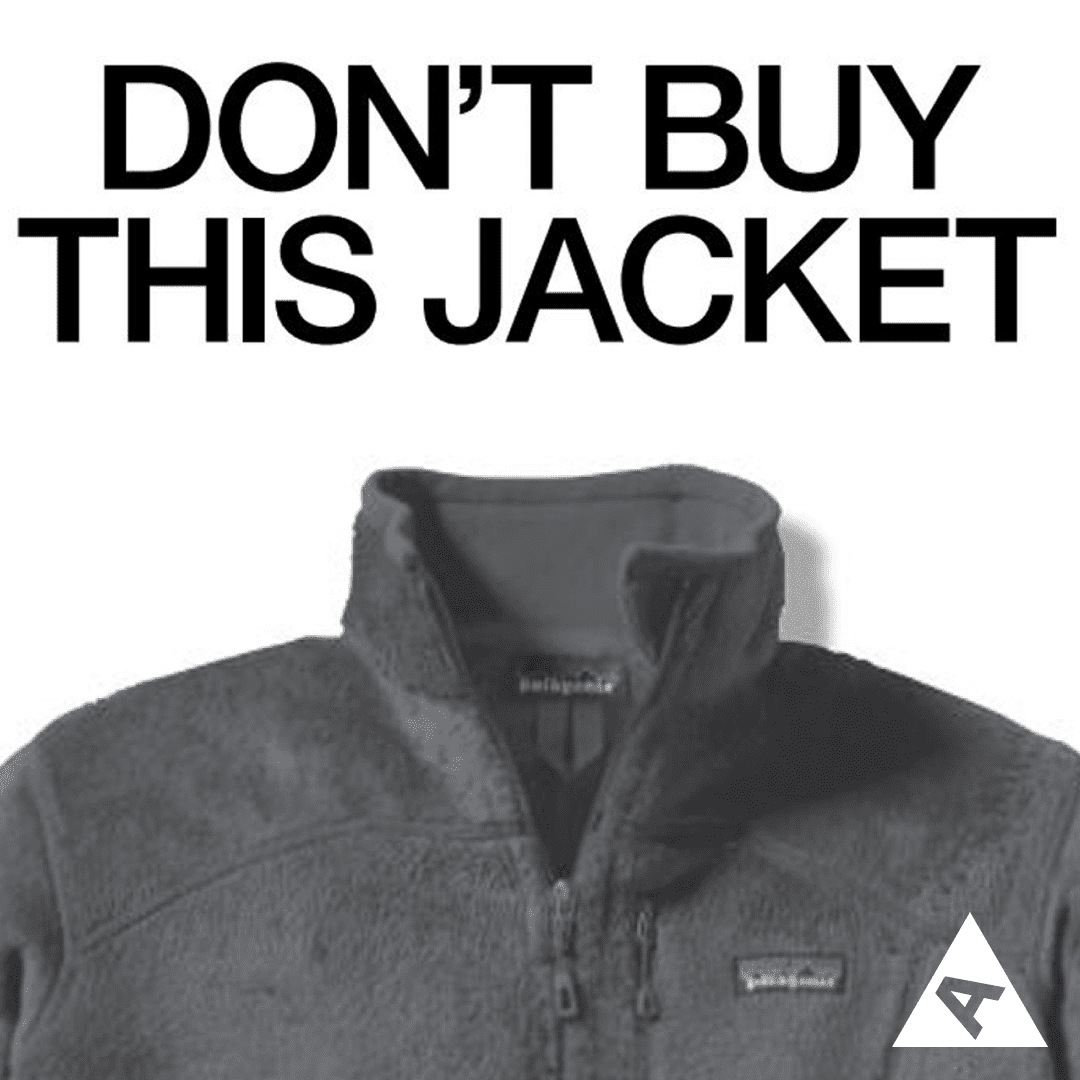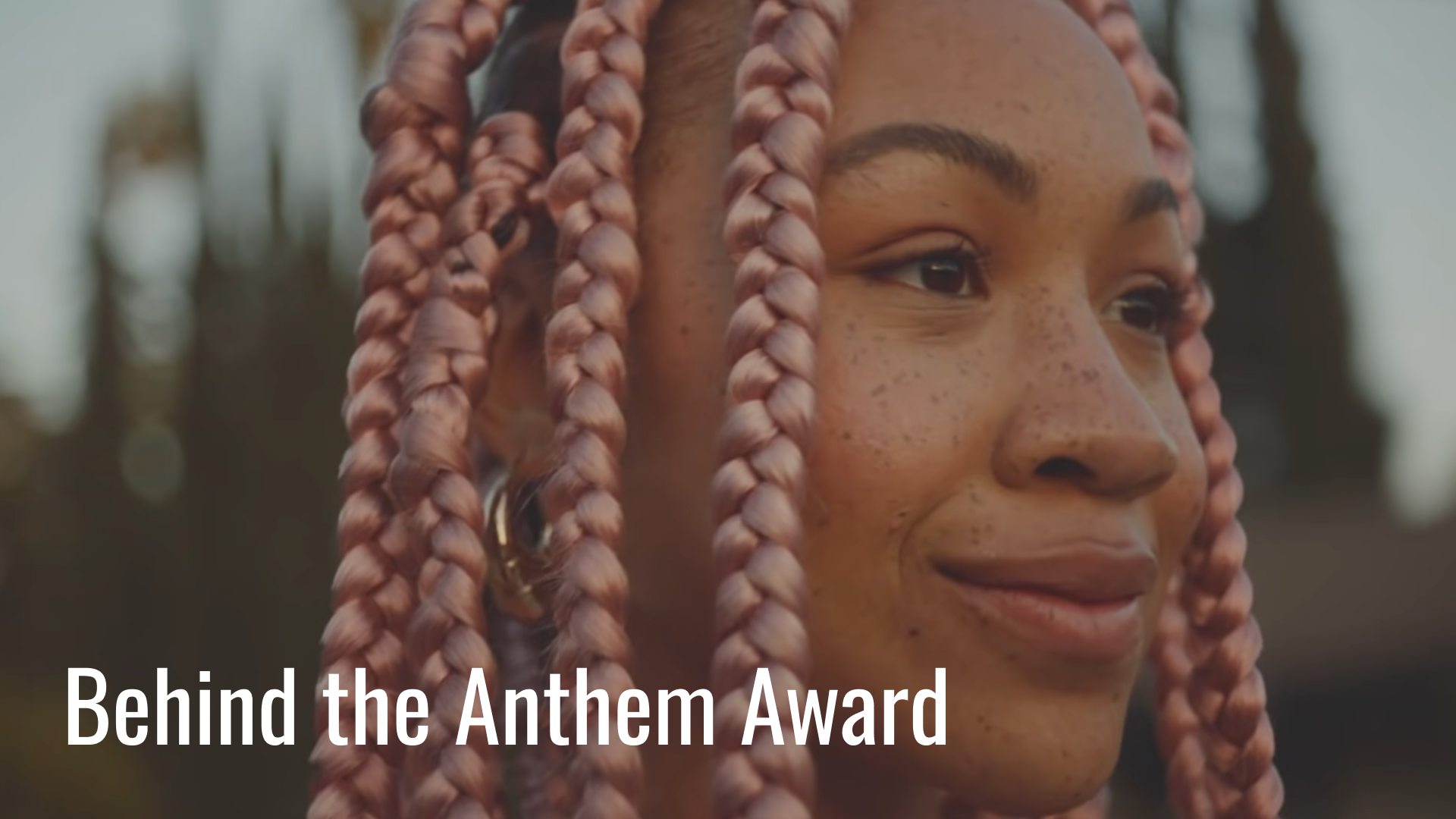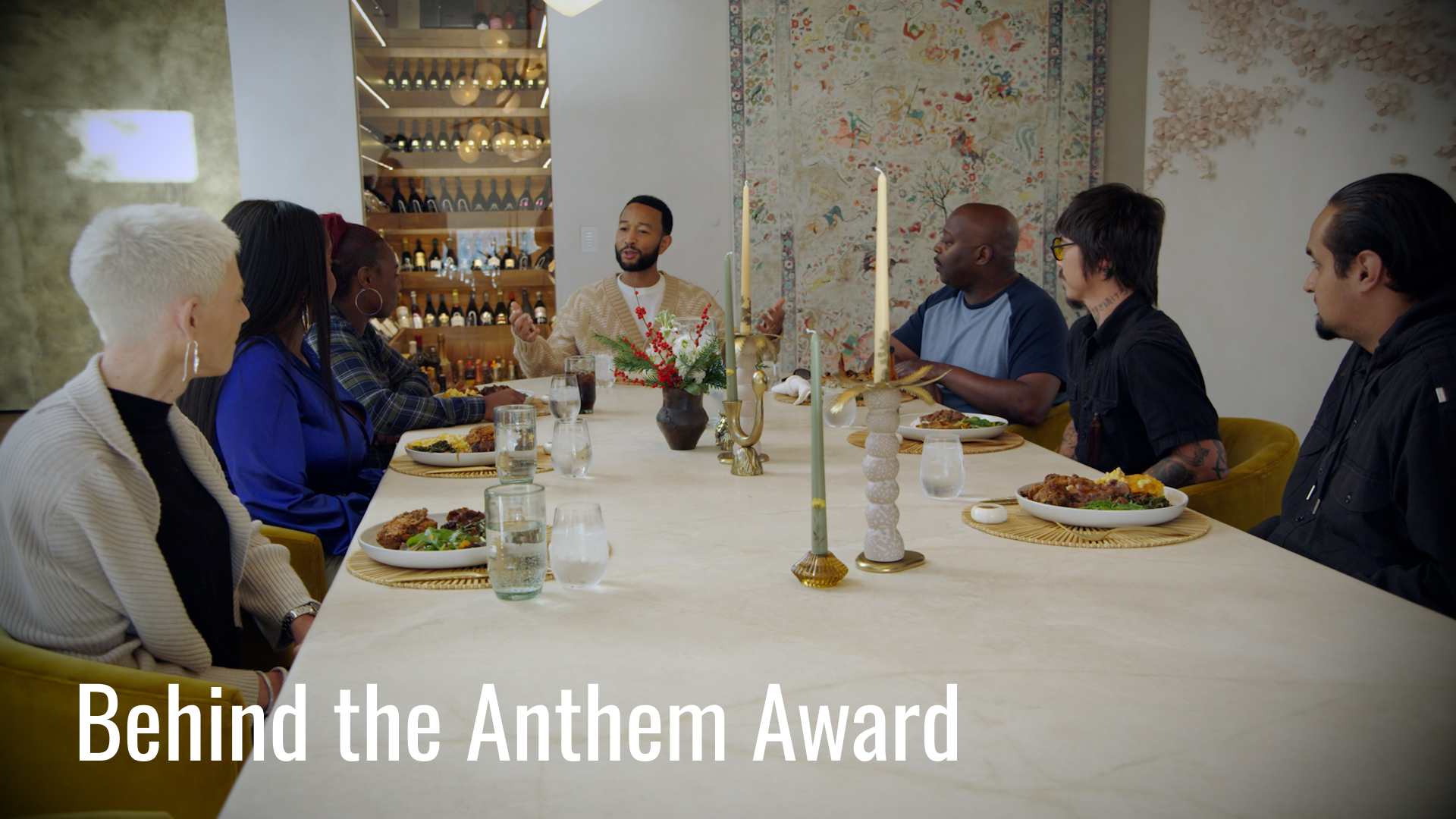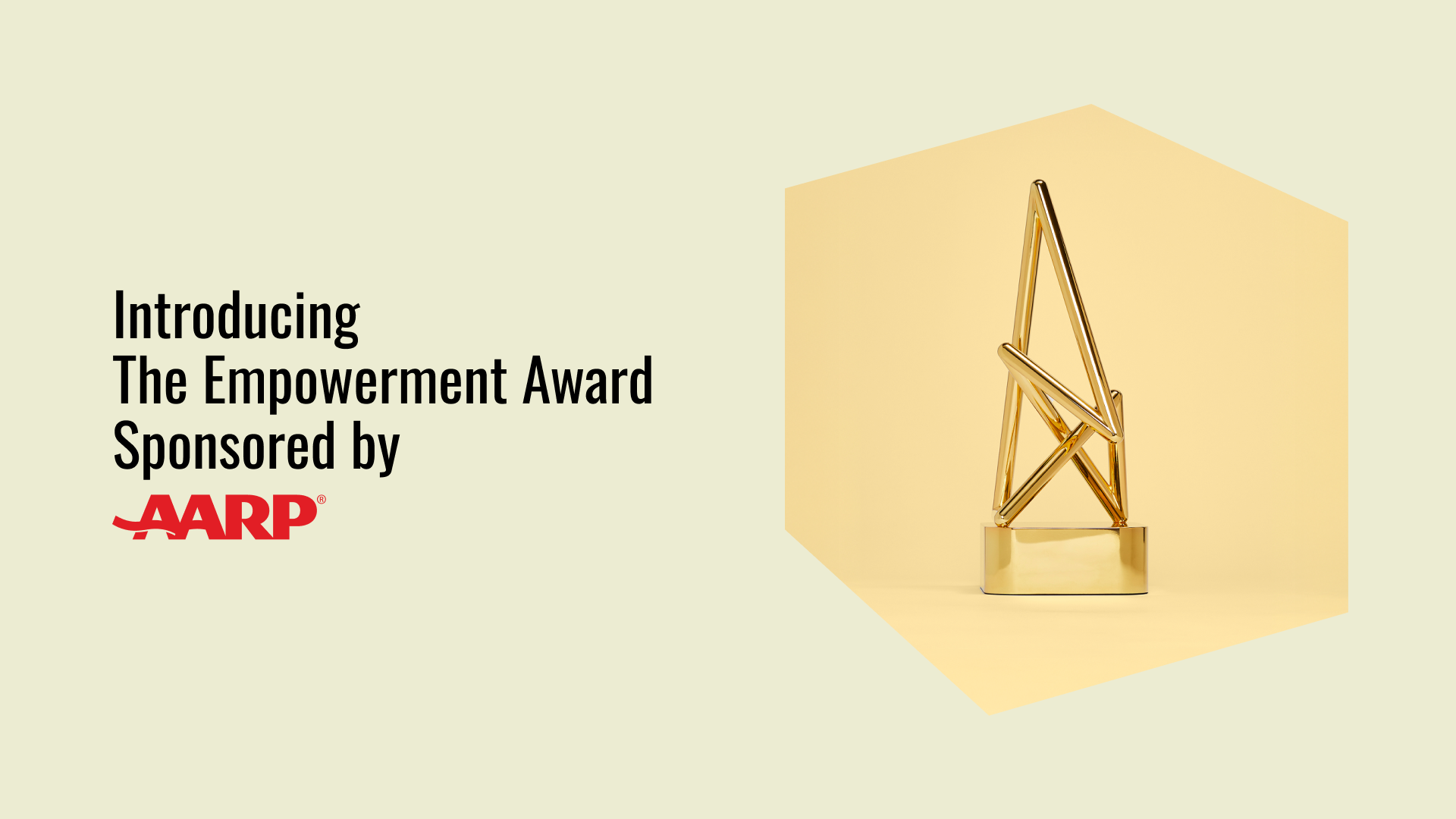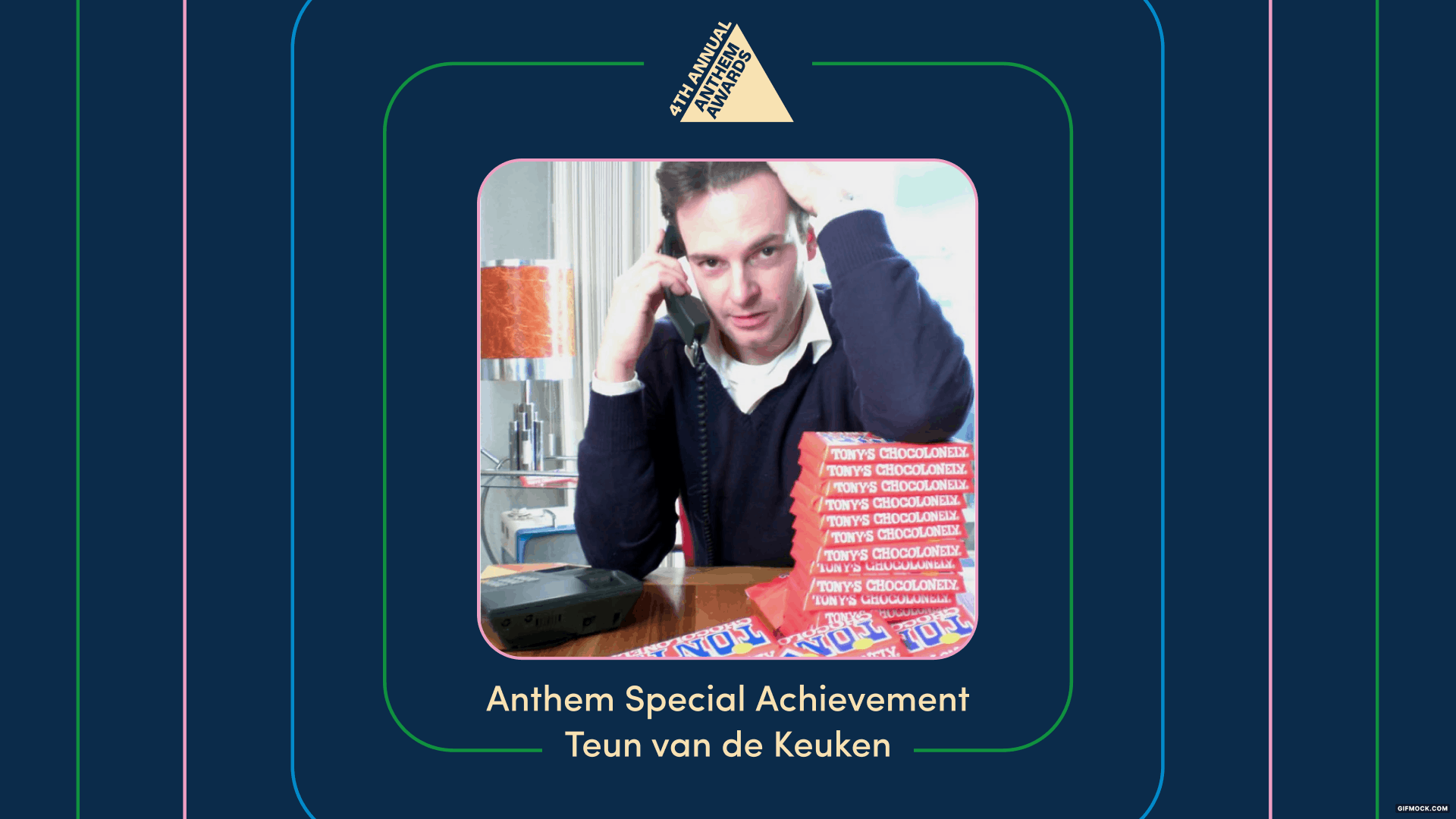SiriusXM and the Smithsonian give African American musicians their flowers in the All Music is Black Music podcast
Launched as a collaboration between SiriusXM and the Smithsonian National Museum of African American History and Culture, the ten-episode podcast explores how African American culture and musical traditions have shaped wider contemporary music.
In our latest Anthem Winner Story, we spoke to SiriusXM about this project.
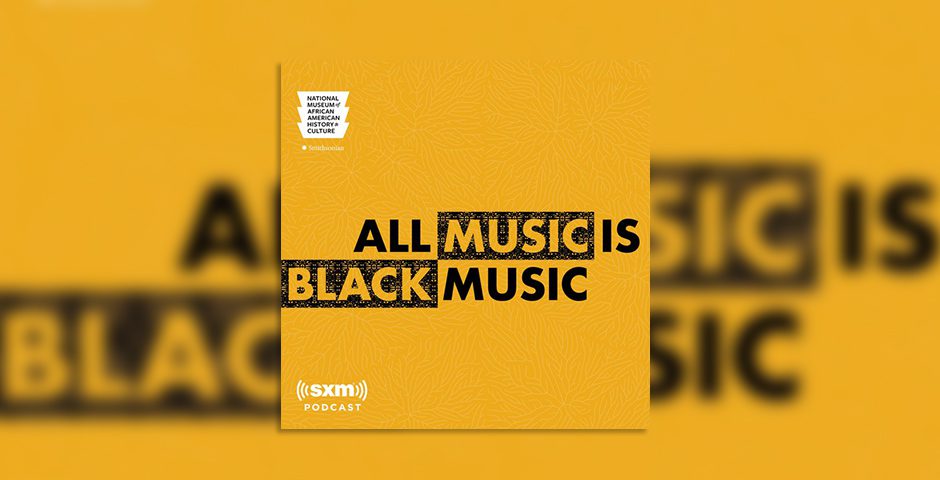
Pick a genre in contemporary music, and you can likely trace its origins to Black American musical traditions. From blues to jazz to hip hop, funk to disco to house, soul to motown to pop, and even less obvious genres like country and psychedelic rock. Much of this history and its pioneers have been largely forgotten from public discourse on music. SiriusXM and the Smithsonian National Museum of African American History and Culture set out to change that through a special podcast.
The All Music is Black Music podcast is a ten-episode effort to bridge the gap between Black musicians of the past and their impact on culture today. Each episode features an artifact from NMAAHC’s collection and conversations between writers, artists and scholars to explore this history. The project won the Silver Anthem Award for Partnership or Collaboration in our Education, Art & Culture cause.
For our latest Anthem Winner Story, we spoke to Sagine Morency, Senior Content Editor at SiriusXM about making this podcast.
What sparked the interest to start the All Music is Black Music podcast?
Among the SiriusXM original digital content team, we were discussing how so much Black Music Month programming celebrates jazz, blues, hip-hop and R&B (rightly so!), yet how seldom we discuss how rock & roll, country, dance and pop music stem from African American sounds and themes. Bruce Springsteen’s gospel-themed arena testimonials, Lady Gaga’s funky dance grooves and Harry Styles’ sweet falsetto all owe a debt to Black music.
We reached out to the Smithsonian National Museum of African American History and Culture (NMAAHC), because we knew nobody could help us tell these stories better. Their music curatorial team was full of amazing ideas, and we instantly began working together as one content team … over Zoom. This was the beginning of the pandemic.
When we got Selema Masekela, our first choice, to host, we all virtually high-fived.
Why do you think so much of the true history of music has been lost and forgotten? Is there a way to prevent this from happening in the future?
American society’s institutional racism penetrated every aspect of the music business and mass media. Artists like Elvis Presley and Pat Boone (and, later, Madonna and Eminem) were deemed to have wider appeal than their Black predecessors and thus marketed to mass audiences via radio and television. Most of us music fans know those stories, but we’re less mindful when we speak of Black influences across the board. The banjo, a staple of country music, is from Africa; you can find more than 10 Black artists in the songwriting credits of the first two Beatles albums — the list goes on and on.
Hopefully, as we achieve more diversity, equity and inclusion in our entertainment, media, technology and education fields, we will better document and highlight the contributions of Black artists of the past … and spotlight Black artists of the present and future.
We loved your decision to explore artifacts in the National Museum of African American History and Culture collection that related to each episode. How does this enhance listeners’ ability to understand and envision the music history being shared?
Thank you! That was actually the final piece. We developed the show during the beginning of the pandemic when the NMAAC was closed, and our friends at the museum sent us files and files of amazing artifacts. After we all got talking about them, we decided these are the best way to start the show; let’s begin with the human stories around actual museum pieces and trace them forward to contemporary music. Because of this, we like to call All Music Is Black Music an audio museum.
What were some of the challenges of creating this podcast?
Making sure we’re continually searching for those “we did not know that” connections and bringing the listener along with us. We learn a lot during every episode, from historical deep dives of how Nashville incorporated lots of black music traditions (but few actual black people) into country music to real-time, aha moments like Kelly Rowland recognizing the girl-group influence in K-pop. We want to make sure the show never becomes an exercise in “this unknown person or fact is important and you should know it!!!,” but instead invites the listener on a wondrous journey of human stories.
Early on, some non-Black artists sheepishly declined to guest on a podcast called All Music Is Black Music, fearing that they’d be over-stepping, but we’re confident now that people understand the show.
From this podcast to Beyonce’s “Break My Soul” and Black people reclaiming house music, this movement to highlight Black culture and artists’ influence on music has grown over the years. How do you see current conversations shaping the future possibilities for Black artists and their creations?
We love how Beyoncé and Drake are reclaiming these dance grooves and pushing them forward. Beyoncé channels African American beats, while Drake leans heavily on U.K. influences, and it’s great to see music from the African diaspora shining on a major stage. Thanks to podcasts, more diverse media outlets and social media, we are having the conversations around the music in real time and crediting the influences more so than in the past. There is so much more work to do, but we are hopeful this will continue.
You covered many genres in this podcast – from psychedelic rock to genre-bending hip hop artists. What was your favorite episode to produce?
Each episode provides special moments, but producing the psychedelic rock episode was especially a blast! After the museum’s Dr. Dwandalyn Reece broke down a manuscript from jazz great John Coltrane, Roger McGuinn pulled out a guitar to demonstrate how, back in the ‘60s, he and the Byrds tried to mimic Coltrane’s saxophone and accidentally invented psychedelic rock. It was amazing to hear such a massive moment of cultural cross-pollination. And then Wilco guitarist Nels Cline, who has recorded a John Coltrane tribute album, talked about how he is further innovating today using psychedelic sounds.
What does winning an inaugural Anthem Award for this project mean to you and your team?
It’s thrilling and validating for us. The podcast is definitely fun to produce, but it’s truly rewarding to be recognized by the Anthem Awards and be in the company of so many talented, mission-driven creators and organizations. We’re proud and grateful to be a part of it.


